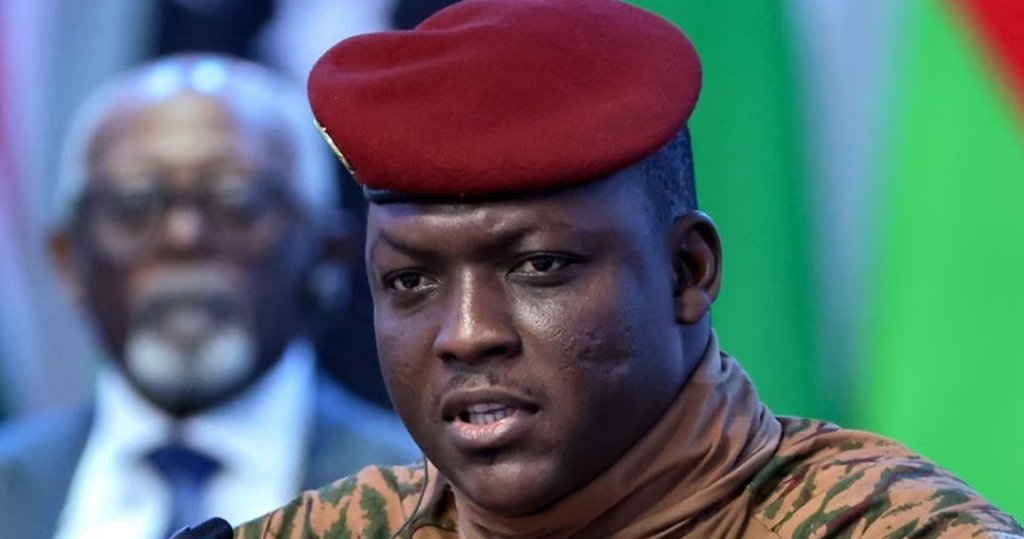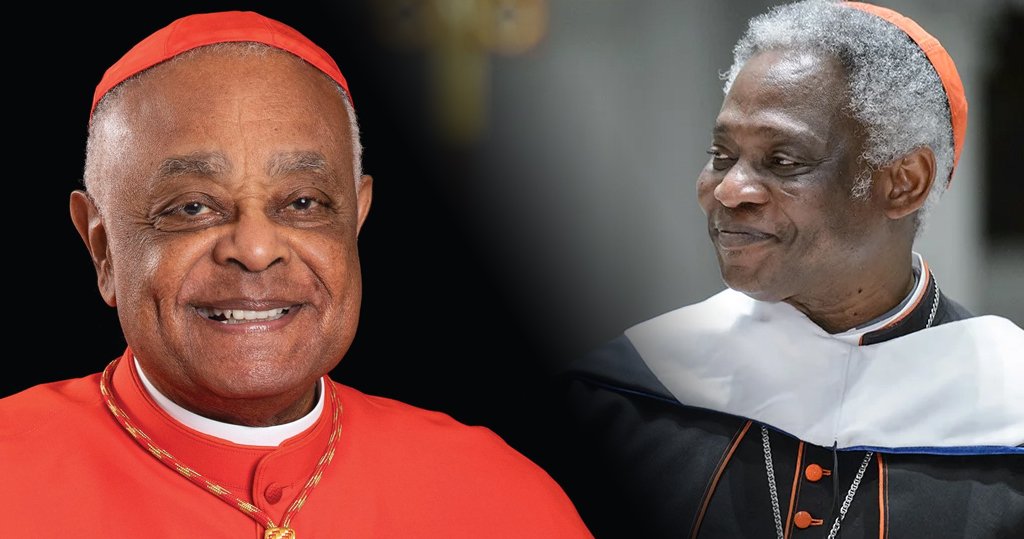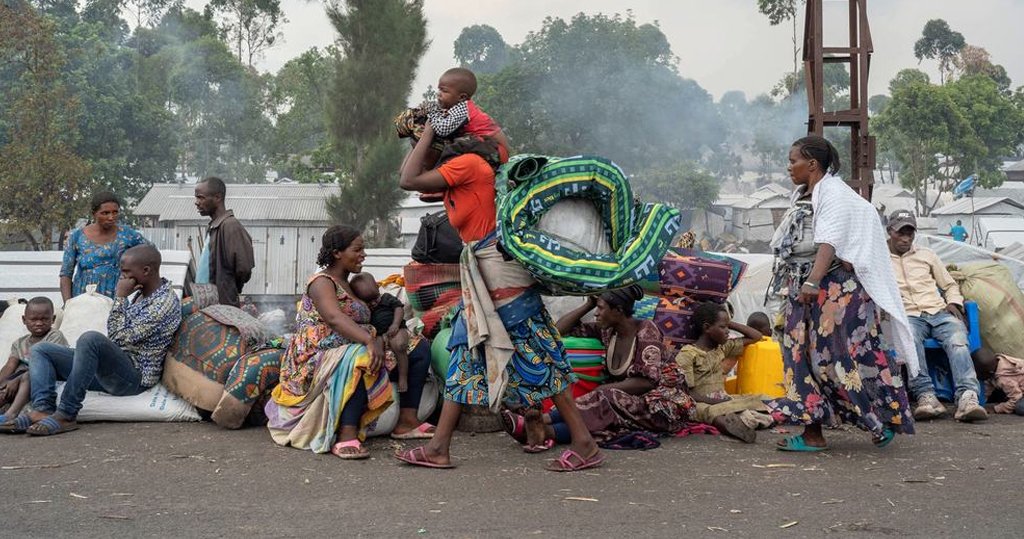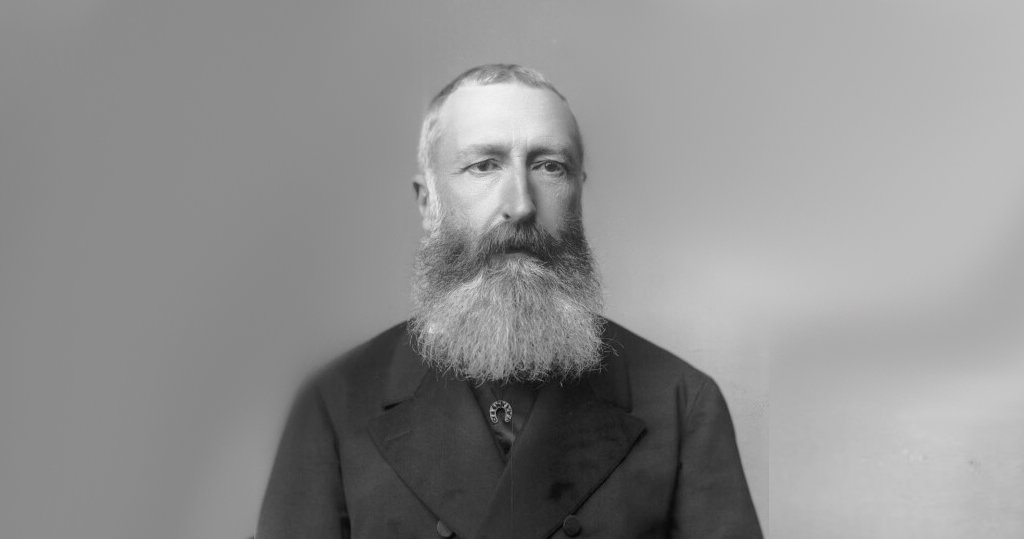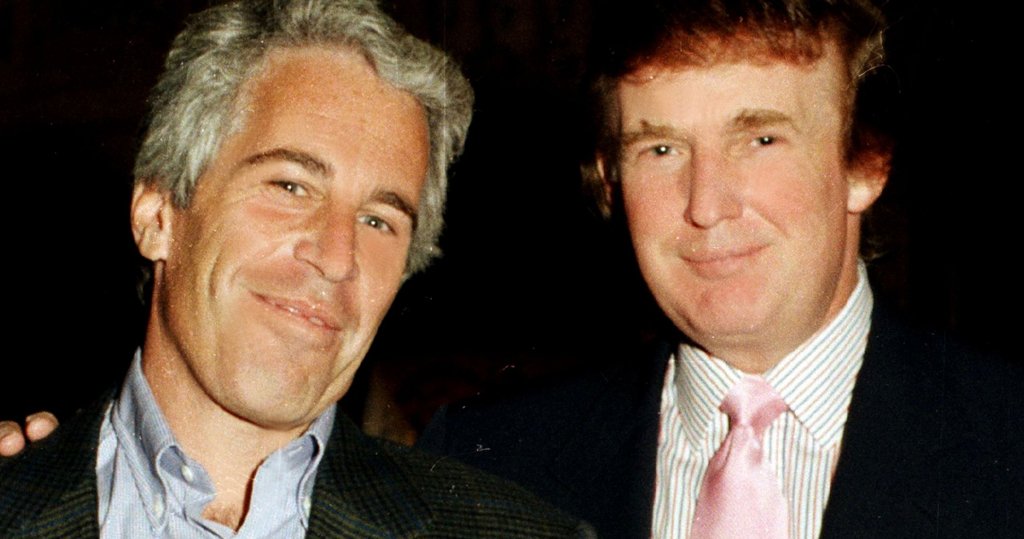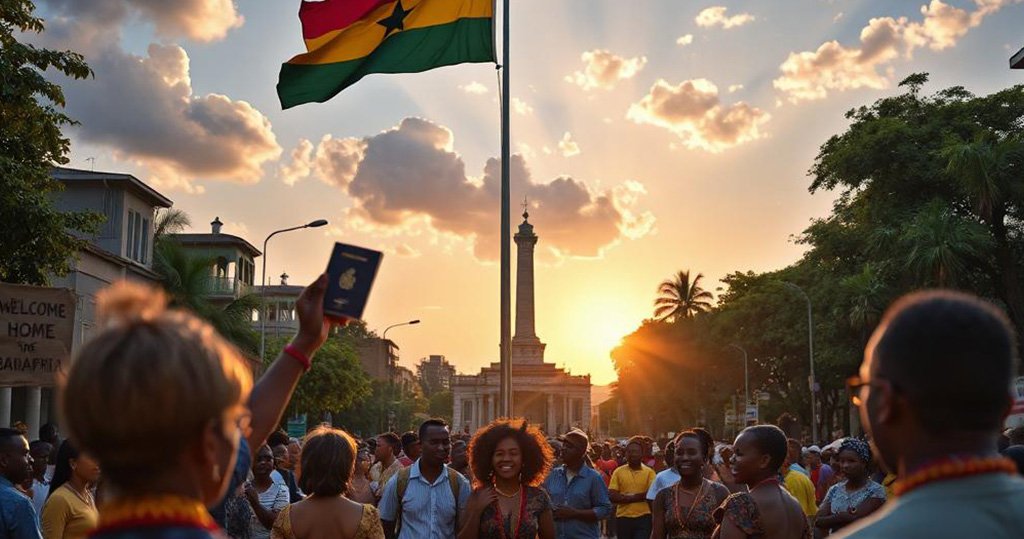#Politricks
The 2025 Jamaican elections felt less like politics and more like a dancehall soundclash, with the JLP and PNP battling through dubplates, stage shows, and artist endorsements. From Buju Banton, Vybz Kartel, and Popcaan to Mr. Vegas, Shenseea, and Alkaline, the two parties turned rallies into festivals. In the end, Andrew Holness and the JLP Sound claimed victory, securing a historic third straight term.
This article examines the role of the U.S. Africa Command (AFRICOM) in Africa, highlighting concerns over its extensive surveillance and military presence. While AFRICOM positions itself as a partner in security and development, its operations, including intelligence gathering and training programs, have raised questions about sovereignty and potential destabilization. The piece calls for a reevaluation of such partnerships to ensure Africa’s future is determined by its own people, free from external manipulation.
Burkina Faso’s young leader, Captain Ibrahim Traoré, has become the face of a new anti-imperialist wave in West Africa. Backed by Russia and China, and unafraid to challenge Western dominance, his rise echoes the revolutionary dreams of past leaders like Muammar Gaddafi and Thomas Sankara. With Burkina Faso’s gold and resource wealth at the center of global interest, many fear that Traoré may be targeted before his vision can take root. The situation raises urgent questions about African sovereignty, resource control, and whether history is doomed to repeat itself.
The upcoming papal conclave has sparked discussions about the potential election of the first Black pope in modern history. Candidates like Cardinals Peter Turkson and Wilton Gregory represent a shift towards a more inclusive Church leadership. While the prospect is met with both hope and skepticism, it underscores the ongoing dialogue about representation and equity within the Catholic Church.

Zimbabwean inventor Maxwell Sangulani Chikumbutso has created the Saith FEV, an electric vehicle powered by radio waves requiring no fuel or external charging. His innovation threatens global industries much like Nikola Tesla’s inventions did in his time, leading to efforts to discredit and suppress Chikumbutso. Facing imprisonment and smear campaigns, Chikumbutso’s story reveals the systemic opposition faced by Black inventors aiming to disrupt the status quo. Despite the challenges, his invention offers a vision of a cleaner, freer future powered by African innovation.
The Democratic Republic of Congo’s rich mineral reserves have attracted major tech companies, leading to widespread exploitation and humanitarian crises. Artisanal miners, including children, work in hazardous conditions to extract cobalt and coltan, essential for products like smartphones and electric vehicles. Armed groups, such as the M23 rebels, control mining regions, funding conflicts through illegal taxation and smuggling operations. Companies like Apple and Tesla face scrutiny over sourcing minerals linked to human rights abuses, prompting discussions on corporate responsibility. Despite traceability initiatives, challenges persist due to systemic corruption. Addressing these issues necessitates consumer awareness, corporate diligence, support for advocacy groups, and robust policy enforcement to ensure ethical supply chains.
While Adolf Hitler is widely known and condemned as one of history’s most evil figures for his role in the Holocaust, King Leopold II of Belgium was just as, if not more, evil. His reign of terror in the Congo Free State led to the deaths of an estimated ten million Africans, yet his name is rarely mentioned alongside Hitler’s. The key difference? Hitler’s victims were European, while Leopold’s victims were African. This disparity in historical recognition highlights deep racial biases in how the world remembers atrocities. When comparing the death tolls, Hitler’s regime resulted in an estimated 11 to 17 million deaths, while Leopold’s reign of terror claimed between 1.2 million to 15 million lives, with many estimates close to 10 million. Despite his unspeakable crimes, Leopold never faced justice, and history has conveniently overlooked his brutality. It is time for the world to acknowledge that Leopold II was one of history’s most evil men, just as infamous—if not worse—than Hitler himself.
Donald Trump has officially been named in the Jeffrey Epstein files, confirming years of speculation. His name appears in flight logs from 1993 and 1994, alongside Epstein, Ghislaine Maxwell, Marla Maples, and his daughter Tiffany. While there is no direct confirmation of him visiting Epstein’s private island, past associations, photos, and recruitment activities at Mar-a-Lago fuel ongoing suspicions. Attorney General Pam Bondi has accused the FBI of withholding key documents, leaving many to wonder what is still being hidden. The reggae massive continues to demand full transparency and justice. The question remains—who else is being protected?
(ReggaeVibeMedia.com) – Ghana is once again making history by offering African Americans and other members of the Black diaspora the opportunity to gain citizenship if they relocate to the West African nation. This move strengthens the deep cultural and historical connections between Ghana and descendants of enslaved Africans, many of whom seek to reconnect with their […]




